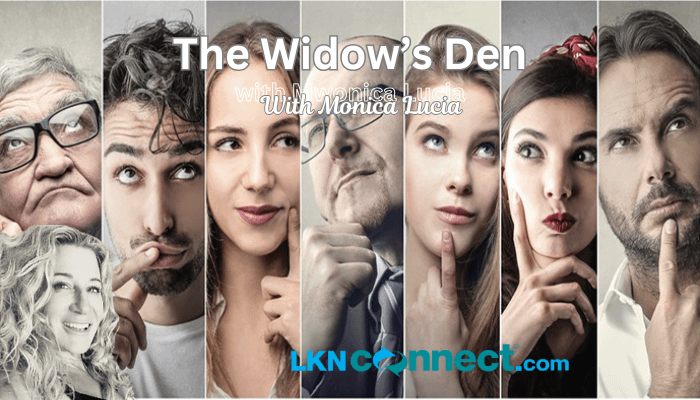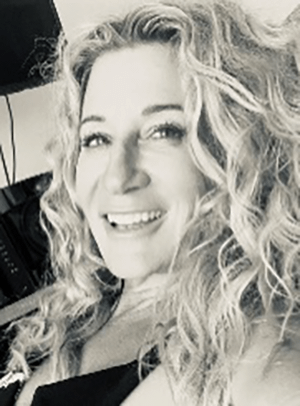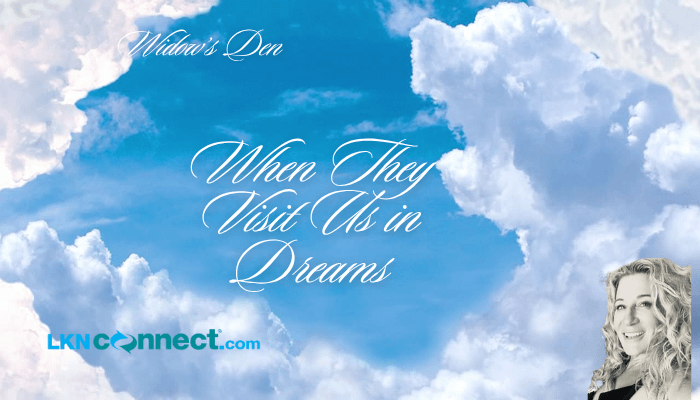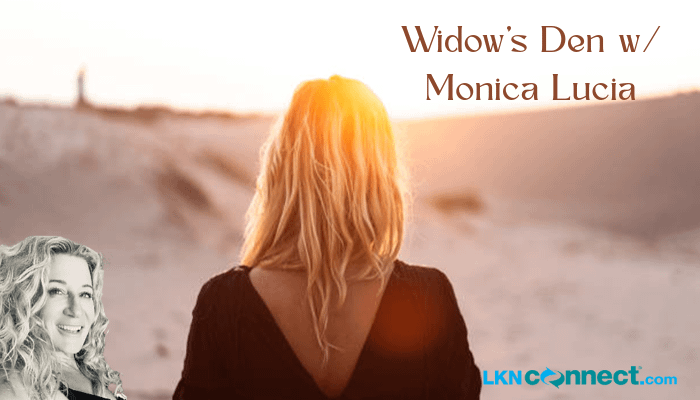Community News Day with Lake Norman Citizen – February 20, 2026
- News Friday & Lake Norman Citizen

When a friend passes away from natural causes, you often question your mortality. Death is an unavoidable part of the cycle of life. Yet many of us do everything we can to avoid accepting our aging process and even talking about it. Some of us, though, think about it every day, which is called Mortality Salience.
Mortality Salience is the awareness that death is inevitable. It’s a key concept in terror management theory (TMT), which explains how people cope with the fear of death.
Effects of mortality salience
Many people experience the mortality alarm in their 50s and 60s. The death of a friend does not always trigger it; sometimes, it’s set off by a life-threatening diagnosis or the near death of a parent. Others have FOGO (Fear of Growing Old). Some say that growing old is a state of mind. It’s important to remember that everyone experiences this contemplation differently and at different times.
Key points about questioning mortality:
Children gradually develop an understanding of death as they grow older, with most starting to grasp the concept of their mortality around the age of 5-7.
Major events like a close family member’s death, a personal health scare, or a significant age milestone can often prompt people to think more deeply about their own mortality.
While some people may actively contemplate their mortality throughout life, others may only seriously consider it when faced with a direct reminder.

What does it mean to question it?
I don’t have a simple answer for you; they say it is normal to think about it from time to time. So, what is normal is not my expertise, however. Life can feel random. That’s because it is. There aren’t any guarantees, but I see this as an awakening. I am all about finding the silver lining, the opportunity to learn and grow in any situation that comes our way. But if you are thinking about your mortality more than you are not, you should seek help. Thinking about death all the time can be very distressing; you may be experiencing an underlying condition.
A client once told me that after learning that he had been diagnosed with a chronic condition, he went home and listened to his favorite music and felt like he was hearing it in a way he had never heard it before. He described his diagnosis as an awakening to the beauty and preciousness of life, a new chapter in his life with challenges and a greater appreciation of the simple joys that each day presents. What an inspiration. What if we all shared his attitude toward life?
When we consider our mortality, let us be mindful of gratitude and be where our feet are, not where our heads are.
For information and support related to different types of mental health conditions, see the following organizations:
• National Alliance on Mental Illness (NAMI)
• Anxiety and Depression Association of America (ADAA)
• International OCD Foundation For information and support related to different types of mental health conditions, see the following organizations:
• National Alliance on Mental Illness (NAMI)
• Anxiety and Depression Association of America (ADAA)
• International OCD Foundation

Monica Lucia is the Author of The Final Chapter and a passionate advocate for those navigating grief and loss. She is the Founder of Widow’s Den and Sisterhood of LKN, dedicated to supporting families In addition to her writing and community-building work, Monica is the Grief and Bereavement Counselor at Raymer-Kepner Funeral Home, Huntersville and Denver.


